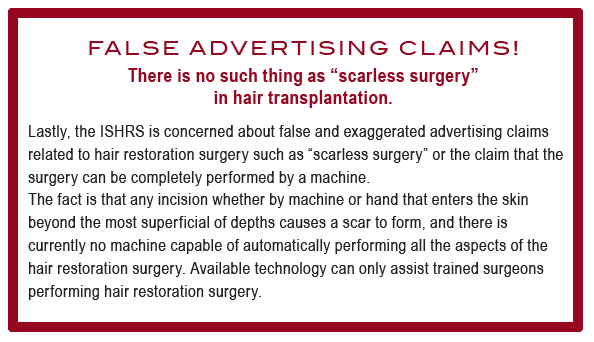This is a publication from the Kaiser Wellness Journal written by my son Sean Rassman, an orthopedic surgeon moved by a motivational speaker
Woe is me vs. Wow is me – what’s your take?
Published July 9, 2015
By Sean O. Rassman, MD
Department of Orthopedic Surgery, Fontana
Of all the physician off-sites and speeches I have attended in the last nine years, the personal life story told by my colleague, Dr. Kent Miyamoto, had the greatest impact on me. I am sure each physician who heard him speak that day took away something different. What touched me most about his story was not what one may think — the precariousness of life — but what he felt as a patient. He said that he had tried to thank his doctor for saving his life and his gratitude was met with, “I was just doing my job.” He indicated that he actually felt a bit dismissed and cheated by the response.
This made me rethink all of my patient interactions. What we do is more than just a job to the people we treat. I may see up to 40 or more patients on a clinic day, each scheduled for 15 minutes. In reality, I may have even less time than this, due to my seemingly always overbooked schedule. Many days I go through clinic stressed. I work straight through every lunch and often stay an hour or more after my clinic to finish up and then respond to patient messages. I will admit that I have felt frustration and even anger towards patients who try to extend their 15-minute appointment into 20, 30, or sometimes 45 to 60 minutes. I have thought too many times, “Don’t they know how busy I am and how many other patients are on my schedule?”
There was something about Kent’s story that made me realize, although we may only spend 15 minutes with a patient, that 15 minutes is amplified in so many ways.
Often, patients wait weeks or months to see me and may drive for an hour or more in each direction. They may give up several hours of a day for a 15-minute appointment with me. It is likely that all of their family, friends, and perhaps even coworkers have heard about that upcoming appointment. Many patients have likely spent hours thinking about it, discussing it, trying to anticipate what the doctor will say, and, after the appointment, may spend additional hours trying to make sense and summarize that 15 minutes with all of those in their lives.
I realized I had the choice to see these appointments as something that I needed to get through or 30 to 40 opportunities to make a tremendous impact in people’s lives and the hundreds of friends and family who are impacted by that illness. This is both an honor and a weighty burden.
I asked myself, what would happen if I tried to use the 15 minutes not just to “satisfy” or placate patients, but what if I could use that time to wow or amaze them with by showing them that I not only understand their problems, but that I care about them?
Switching to this attitude resulted in a mental shift and I began to look forward to my clinics more as opportunities to make daily, meaningful impacts and perhaps even amaze a few people.
This mindset is something to which I must frequently rededicate myself, particularly when dealing with difficult patients. Whether they are abusive or manipulative, they can contribute significant stress and one or two difficult patients can ruin a physician’s entire day.
I will probably remember little of our motivational speaker from that meeting last year, aside from the fact he liked to climb mountains, but I will always remember Kent’s story and the impact it had on me.
In the past, I was often guilty of brushing off the compliments of grateful patients, because I knew I had a chance to reduce their 15-minute appointments and use extra minutes on difficult patients.
I used to focus on trying to get out by 5 p.m., but came to realize, if I focus on providing not only excellent orthopedic care, but also emotional and psychological care, even if it means I finish 30 or 60 minutes later, I would leave happier and more satisfied.
Now, I make it a point to try and own the difficult patient, even though I have to accept that I will not be able to positively affect each one. Coming up with ideas for dealing with the difficult patient are the things I struggle with most. Here are some that work for me:
1. Attempt to empathize. It may change your own perspective and reactions.
2. Make sure the patient knows that you are truly listening. Sometimes that is all you can do.
3. Make sure the patient does not feel brushed off; something the patient believes other providers have done.
4. Accept that you may need more time with that patient; that you may leave late and try to somehow see this as a positive challenge.
Sometimes, the angry, difficult patients can become the most grateful and sometimes the challenge and joy can be flipping them from angry to amazed.


